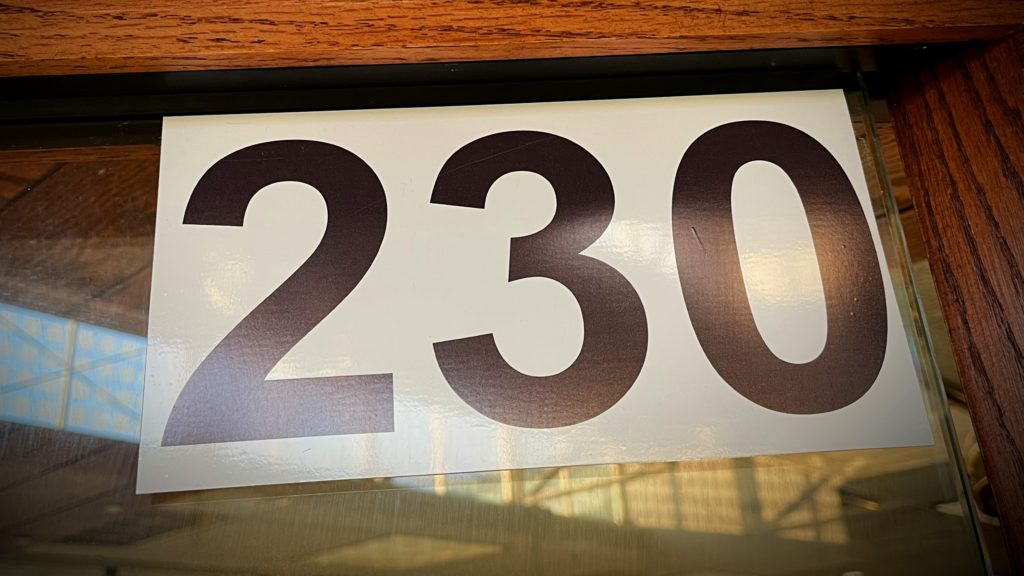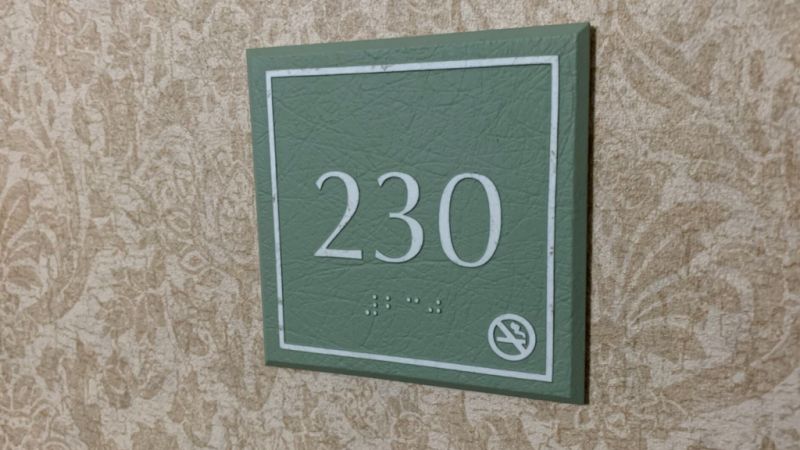
Defendant telecommunication services provider provided ringless voicemail services and VoIP services to telemarketers. These services enabled telemarketers to mass deliver prerecorded messages directly to recipients’ voicemail inboxes without causing the recipients’ phones to ring or giving recipients the opportunity to answer or block the call.
The federal government sued a couple of telemarketers and defendant alleging violation of the FTC Act, which prohibits unfair or deceptive acts or practices in commerce. Defendant moved to dismiss the action, arguing that Section 230 provided it immunity from liability. The court granted the motion.
Section 230 immunity
Section 230(c) (at 47 U.S.C. 230(c)) provides that “[n]o provider or user of an interactive computer service shall be treated as the publisher or speaker of any information provided by another information content provider.”
Defendant asserted it met the criteria for Section 230 immunity because of (1) its role as an interactive computer service, (2) the way the government’s claims sought to treat it as a publisher or speaker of the allegedly unlawful calls, and (3) the potential liability was based on third party content (the calls being placed by the other telemarketing defendants).
Ringless voicemail services were an “interactive computer service”
The government argued defendant was not an “interactive computer service” because recipients accessed their voicemails through their telephones rather than a computer. The court rejected this argument, finding that defendant had shown that it transmitted content and provided access to multiple users to a computer server, thereby meeting the statutory definition of an interactive computer service.
Lawsuit sought to treat defendant as a publisher or speaker
The government next argued that its claims against defendant did not seek to treat defendant as the publisher or speaker of content, because defendant’s liability did not depend on the content of the transmitted messages. The court likewise rejected this argument as well because it was indeed the content that gave rise to liability – had the voicemails at issue not been for commercial purposes, they would not have been unlawful, and the matter would not have been brought in the first place.
Allegations related to the content of unlawful voicemails
Finally, as for the third element of Section 230 immunity – the offending content being provided by a third party – the court also sided with defendant. “While [defendant] developed the ringless voicemail technology at issue, that development goes to how the third-party content is distributed rather than the content itself.”
United States v. Stratics Networks Inc., 2024 WL 966380 (S.D. Cal., March 6, 2024)
See also:




 Evan Brown is an attorney in Chicago practicing copyright, trademark, technology and in other areas of the law. His clients include individuals and companies in many industries, as well as the technology companies that serve them. Twitter:
Evan Brown is an attorney in Chicago practicing copyright, trademark, technology and in other areas of the law. His clients include individuals and companies in many industries, as well as the technology companies that serve them. Twitter: 
